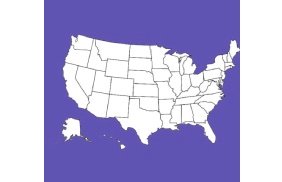Today the Associated Press broke the news of the DEA’s long-awaited decision to move forward with the plan to reclassify cannabis from Schedule I to Schedule III. The change has been decades in the making, and comes as a consequence of President Biden’s October 2022 directive to his administration to review the classification of cannabis. While the specific rule still needs to be written and adopted, this decision is historic nonetheless. Earlier in the year, a report in The Wall Street Journal indicated that a rift existed between the White House and the DEA on the issue. That, combined with implications relating to international treaties, were reasons enough to make the decision far from a done deal.
The move will have an almost immediate positive impact on the industry, a fact that is confirmed by stock prices in the industry springing ten percent and higher on the day of the announcement. One such impact is that cannabis businesses will no longer be subject to IRS Tax Rule 280E, which prevents businesses that receive income from Schedule I and II substances from deducting regular expenses like nearly all other businesses, resulting in a tax consequence multiples over what non-cannabis businesses must pay. Some cannabis businesses, like Trulieve and TerrAscend, have decided to stop paying these taxes, potentially saving over 150 million dollars toward their business. With cannabis at Schedule III, this level of speculation will no longer be necessary. There should be other positive consequences of federal rescheduling, such as bankruptcy protection and access to the U.S. Patent and Trademark Office, to name a couple.
Without being able to fully digest the end product, these comments are still speculative, but Prince Lobel will continue to monitor this space. Back in 2014, Prince Lobel was the first law firm of its type to assist clients in entering the legal cannabis market in Massachusetts, and has since been a leader in the industry with offices in both Massachusetts and New York.




